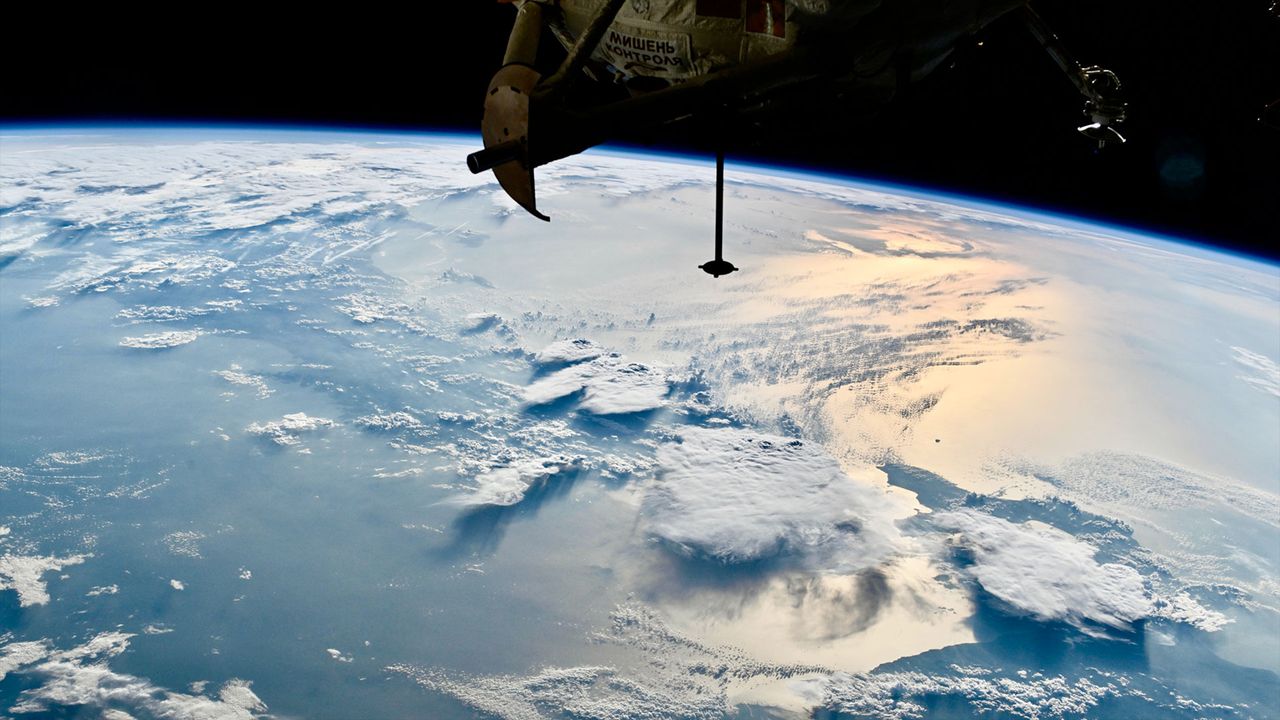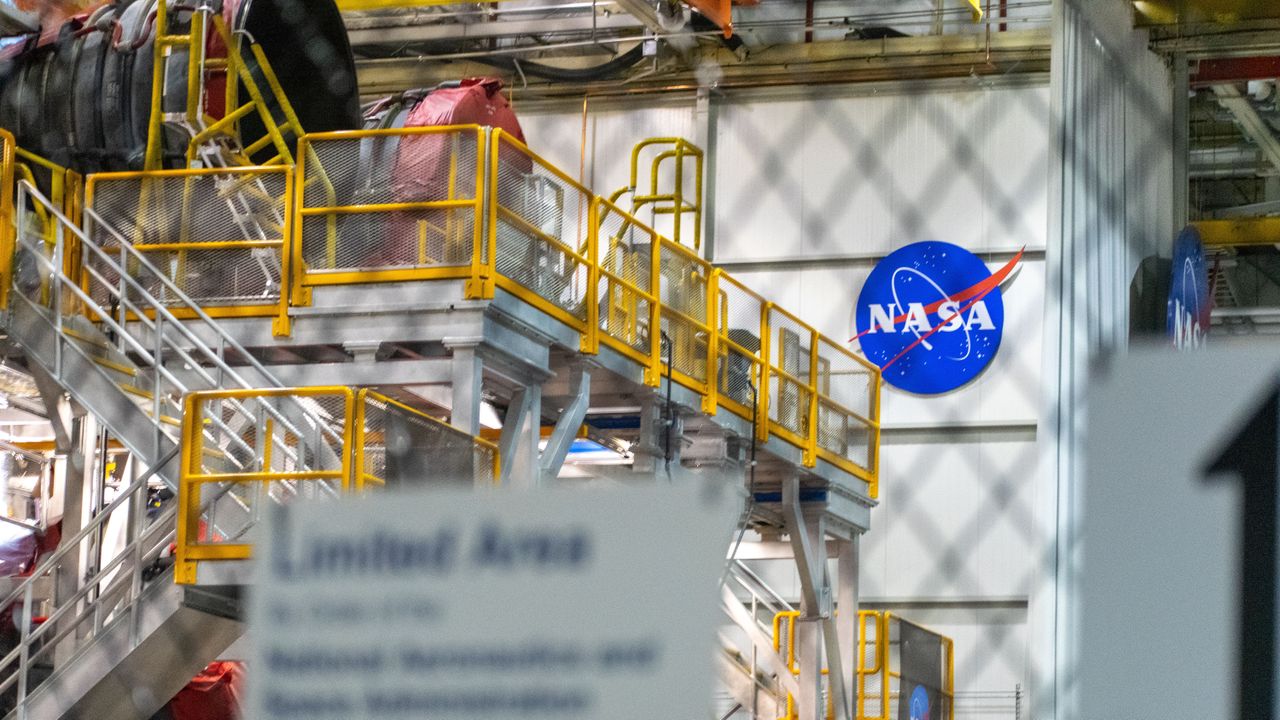Astronauts work through the U.S. government shutdown | On the International Space Station Sept. 29-Oct. 3, 2025
PositiveScience

Despite the U.S. government shutdown, the Expedition 73 crew aboard the International Space Station has been diligently continuing their science research and maintenance work. This is significant as it highlights the resilience and commitment of astronauts to their mission, ensuring that vital scientific progress is not hindered by terrestrial politics.
— Curated by the World Pulse Now AI Editorial System






